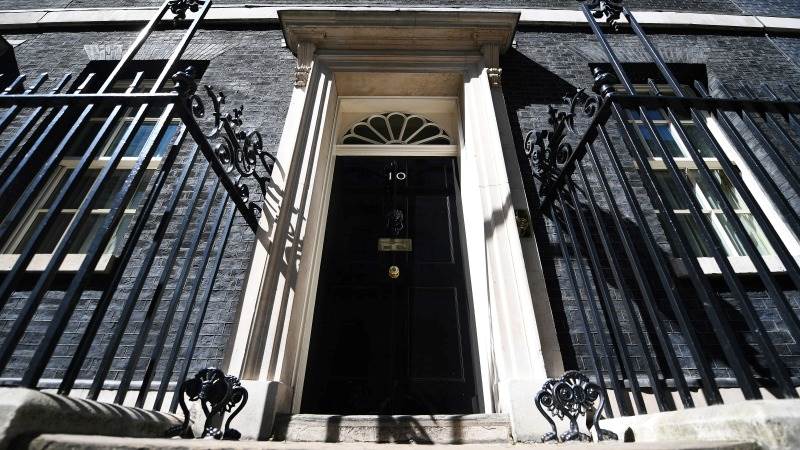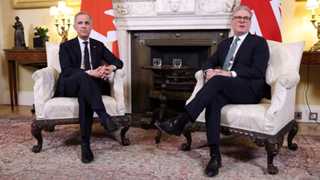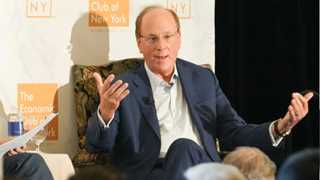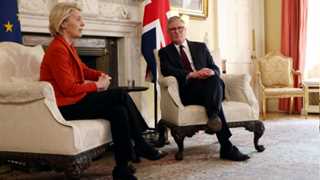The electoral week in the United Kingdom has started, with voters expected to cast ballots on July 4, as the Conservative and Labour parties square off in general elections. Prime Minister Rishi Sunak called for early elections in May, a move that had not been expected before the fall of this year, which would have given the ruling party more time to regain popularity among the voters.
Recent polls by The Telegraph indicate that Keir Starmer's Labour Party is projected to secure 41.4% of the vote, significantly ahead of the Conservatives' support of 21.2%. Other parties, including Reform UK, the Liberal Democrats, and the Greens, trail behind.
This election could mark a historic low for the ruling party, reminiscent of their 1997 defeat to Labour's longest-serving prime minister, Tony Blair. A survey by YouGov suggests that the Labour Party is on track to win 425 seats in the House of Commons, marking an increase of 223 seats from the 2019 election. Conversely, the Conservatives are expected to lose 257 seats and drop to a total of only 108. The Liberal Democrats could gain 67 seats, an increase from their 2019 tally, while Nigel Farage's Reform UK is projected to secure five seats.
In its 131-page manifesto, the Labour Party shared that it plans to raise taxes by £8.5 billion, which would include VAT on private school fees, a 1% stamp duty for foreign buyers, closing the "carried interest tax loophole," and a higher windfall tax on oil and gas companies. The plan also proposes a returns agreement with the European Union on immigration, repealing the Rwanda Bill, boosting defense spending to 2.5% of the country's gross domestic product, and strengthening NATO and nuclear deterrence commitments. Additionally, the party's leader made a pledge to recognize Palestinian statehood, calling it the "inalienable right of the Palestinian people" and essential for safeguarding Israel's security.
Meanwhile, Sunak's "Clear plan, bold action, secure future" includes an additional 2 pence tax cut to National Insurance, which would finally bring it to 6% by April 2027. In line with the opposition party's goal, the Tories also revealed plans to increase the military budget to 2.5% of GDP by the end of the decade. Furthermore, the Conservatives vowed to allocate £3 billion in annual support for Ukraine until 2030 and introduce mandatory military service for all 18-year-olds in Britain. Sunak has also committed to continuing the policy of deporting illegal migrants to Rwanda and reaffirmed London's position on the two-state solution in the Middle East, with recognition of the Palestinian state "at a time that is most conducive to the peace process."
Sunak reiterated his confidence that the Tories will stay in power, pointing out that people across the nation are "waking up to the real danger of what a Labour government means," despite all the projections indicating that the Labour Party will return to Downing Street after 14 years. The public's eye will be laser-focused on the outcome of the general elections in the United Kingdom, with a possible change in leadership likely to lead to tectonic shifts in the political landscape on the European continent.




